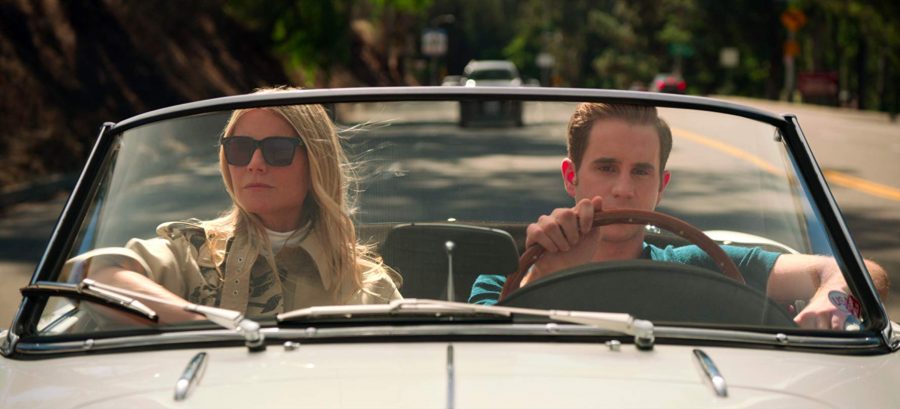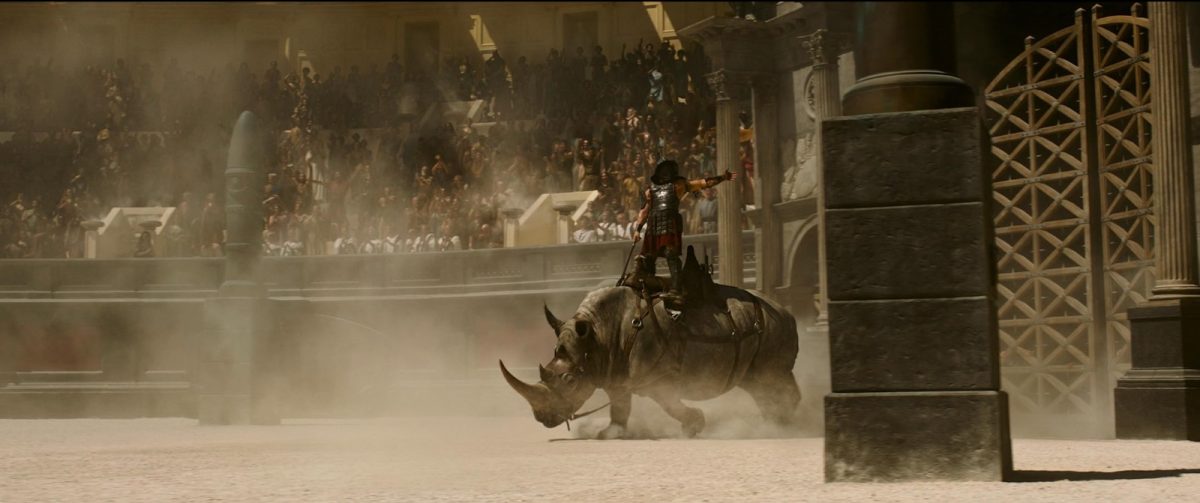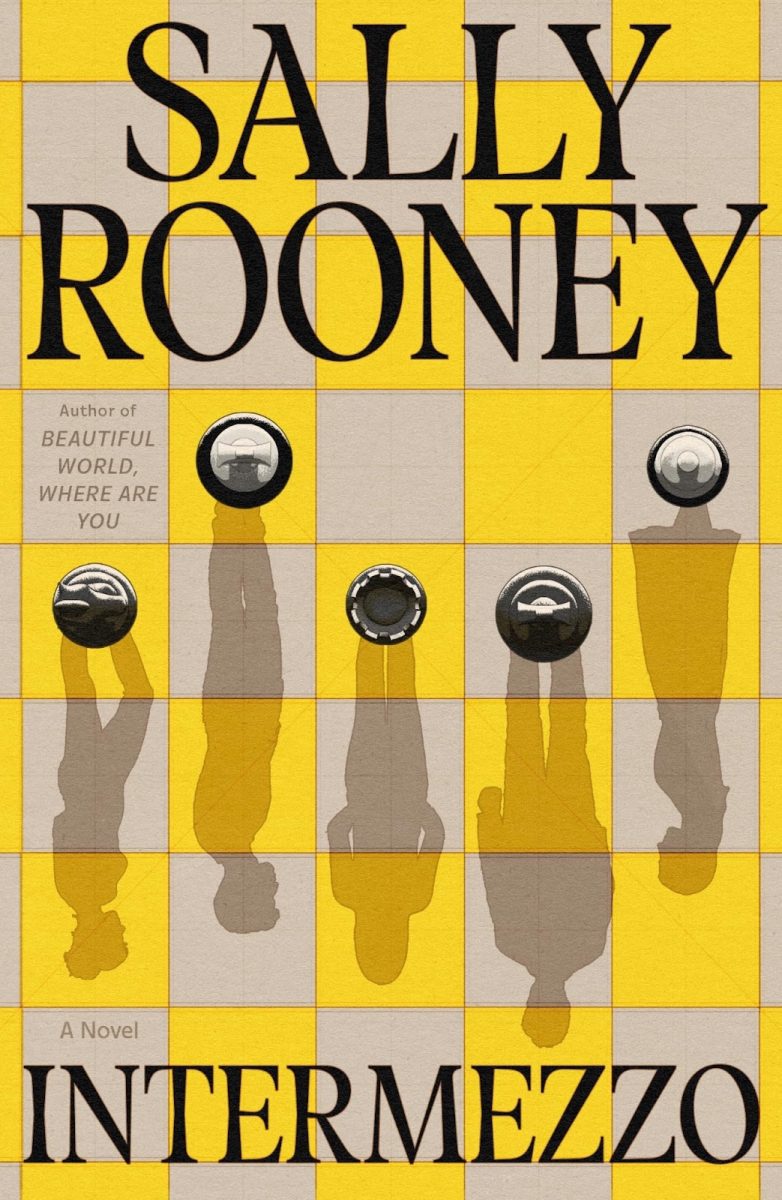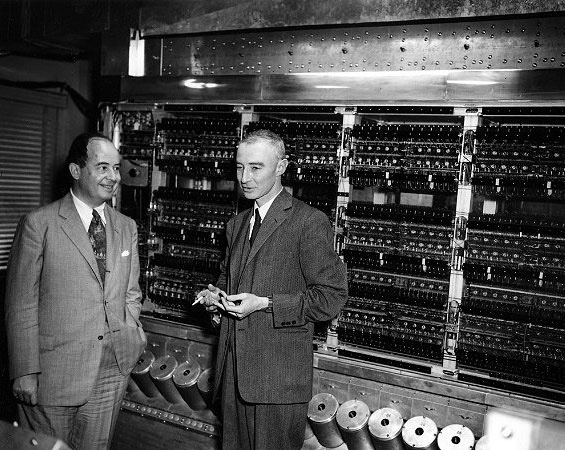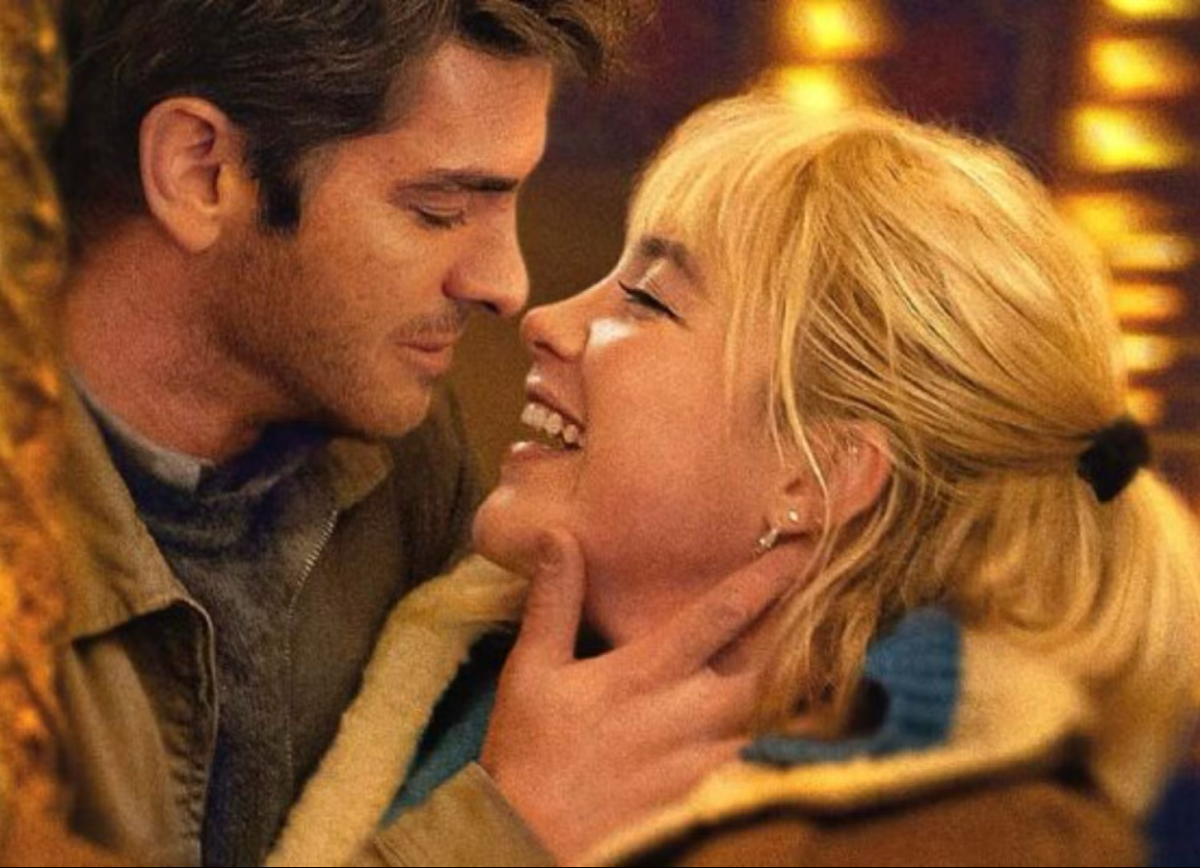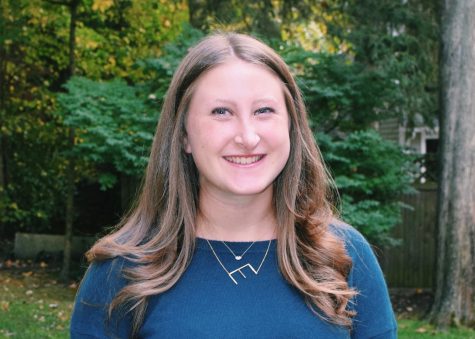The lasting impression of Ryan Murphy’s first Netflix series (part of his $300 million deal with the streaming service) is synonymous with that of the opening sequence. It features a wooden box filled with emblems of a boy’s identity: trophies, presidential biographies, I could go on. The box turns into Payton Hobart, the protagonist of the series. Payton is attractive and charming yet hollow inside, not unlike the series as a whole.
Set at the wealthy Saint Sebastian High School in Santa Barbara, The Politician pleases the eye with California valley scenery, family estates, eclectic wardrobes and Hollywood eye candy (Ben Platt, Gwenyth Paltrow and Zoe Deutch star). While these elements are intriguing at first, the glamour wears off, leaving the viewer with Murphy’s flawed execution of a series that could have delivered a more authentic rendition of a modern-day student body election.
Payton’s single life goal is to become president of the United States. He identifies two prerequisites in achieving this goal: becoming the school’s student body president and attending Harvard, following the path of several U.S. presidents. Peyton’s privilege and unwavering support from his friends and mother insulate him from reality. He genuinely believes his girlfriend, Alice, will one day be his first lady and his high school friends, who double as his cabinet, will follow him to the White House. This is compelling and even comical at first, until their level of investment becomes overly theatrical. It doesn’t help that the actors are too old to be playing high schoolers (resembling Glee, another one of Murphy’s high school melodramas).
However, the series does tackle some important issues such as gun reform, depression, suicide and the extreme anxiety high schoolers feel to overachieve. The inclusion of proud LGBTQ characters as well as sexually confused ones portray a realistic picture of what it means to be a teenager today. Arguably, one of the most important issues explored in the series is the current lack of civic engagement in politics. The fifth installment of the series titled, “The Voter” focuses on undecided and uninterested students who unknowingly determine the outcome of the election. This episode could stand on its own as a short film, a tragic representation of American voting behavior and political engagement.
The further the campaign progresses, the more outlandish the series becomes. One of Payton’s friends has an affair with his girlfriend. Another has an affair with the opposing candidate’s running mate. Someone tries to poison Payton twice in one week. The series explores too many plot lines without allotting the necessary time to any one of them. Payton does win the election, but only by default. His competitor forfeits which leaves Payton with no electoral mandate and he fails to enact any real change. Worse, Harvard rescinds its admission offer after learning of Payton’s campaign coverups.
Payton eventually attends NYU, struggles with alcoholism, loses Alice to a Harvard man and gives up politics for good. In short, not the life he planned. Cue Platt’s stellar rendition of “Vienna.” After hitting rock bottom, Peyton reluctantly returns to politics with a renewed sense of self, challenging a veteran New York State Senator and setting the stage for season two.
Despite general dissatisfaction viewers felt while watching The Politician, Murphy leaves storylines unfinished, giving people a reason to keep watching. The series is witty, has visual style and is pleasant enough in the moment to sustain viewers. Season two (premiering in July 2020) gives Murphy the opportunity to portray Payton’s next campaign as more serious and thoughtful than his last, leaving the petty, high school drama behind. Hopefully he does.



